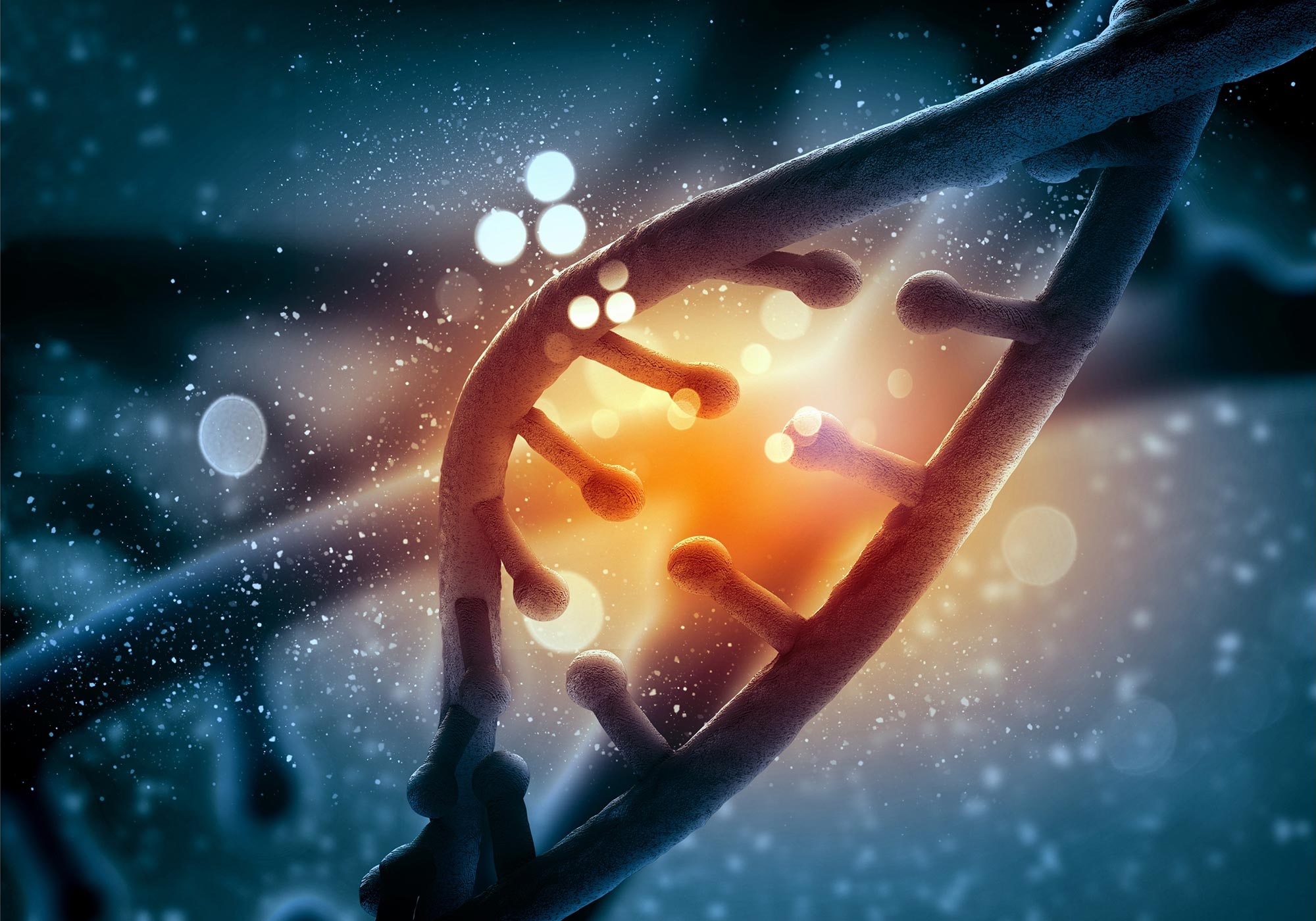Scientists have uncovered a Denisovan gene within human DNA that may have played a crucial role in the survival of the first Americans.
Ancient Migration and Genetic Adaptation
Thousands of years ago, early humans undertook a perilous journey, crossing the icy Bering Strait to settle in the Americas. This migration challenged them with unfamiliar and harsh environments. Researchers now believe that a hidden Denisovan gene provided a genetic advantage that helped these ancient settlers quickly adapt to their new world.

The Denisovan Legacy in Modern Humans
The Denisovans, an extinct group of ancient hominins, interbred with early humans, leaving traces of their DNA in our genes. This newly discovered gene variant may have contributed to the resilience of ancient Americans, enabling them to withstand extreme cold and other challenges. These findings provide fresh insight into how ancient interbreeding shaped human adaptation and survival.
As scientists continue to decode our genetic past, we gain a clearer picture of how early migrations and intermingling with other hominins like the Denisovans empowered humans to thrive in the most unforgiving environments.
Sources:
SciTechDaily Article
















